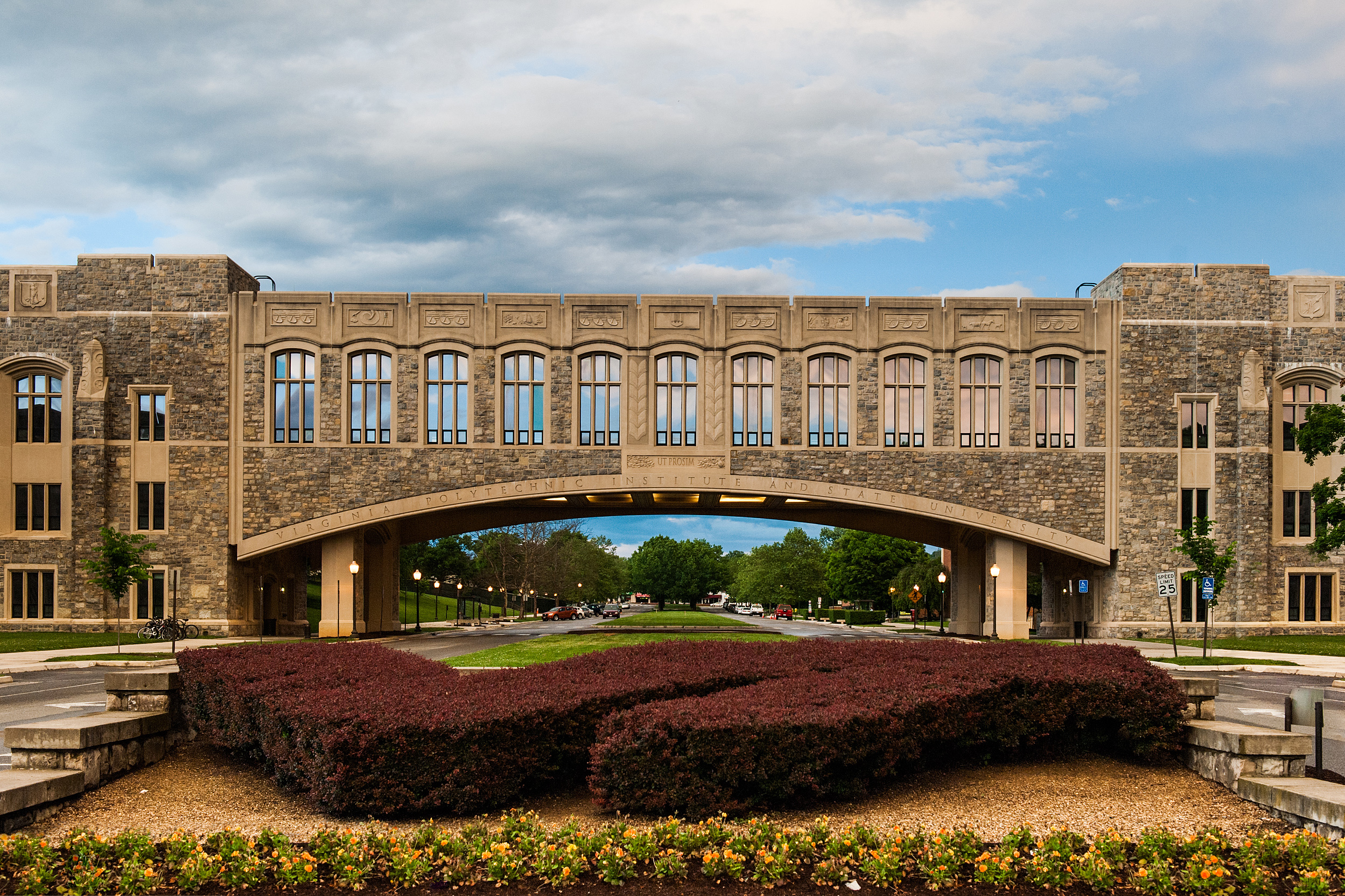Supporting Virginia’s new tax collection and remittance law
Key Takeaways
- Airbnb proudly supported House Bill 518 which requires all short-term rental platforms to collect and remit tourist taxes on behalf of Hosts starting October 1, 2022.
- In 2021, Airbnb collected and remitted more than $15 million in sales tax revenue to the Commonwealth.
- Airbnb looks forward to a modernization of the local tax remittance system to allow hosting to continue to thrive in small towns.

Key Takeaways
- Airbnb proudly supported House Bill 518 which requires all short-term rental platforms to collect and remit tourist taxes on behalf of Hosts starting October 1, 2022.
- In 2021, Airbnb collected and remitted more than $15 million in sales tax revenue to the Commonwealth.
- Airbnb looks forward to a modernization of the local tax remittance system to allow hosting to continue to thrive in small towns.
Last year, Hosts on Airbnb welcomed more than 1 million total guest arrivals to Virginia – and 67 percent of surveyed guests to Virginia reported that they would not have visited the neighborhood they stayed in if they did not book through Airbnb.
Tourism taxes are key revenue-generating mechanisms for jurisdictions across Virginia. These taxes have become even more important as people in both cities and small towns across the state recover from the impacts of the COVID-19 pandemic and seek to benefit from the return of travel. Airbnb was proud to support House Bill 518, signed into law by Governor Youngkin in February 2022, which modernized Virginia tax law to require all short-term rental platforms to collect and remit local hotel taxes and created a working group to find ways to continue to modernize a legacy system run individually by each town in Virginia.
Prior to the bill’s passage, Airbnb’s voluntary tax collection agreements with the state and cities generated more than $15 million in sales tax revenue for the Commonwealth in 2021 alone. With the enactment of this law, Airbnb will expand its collection and remittance of tourist taxes from guests on behalf of Hosts throughout every municipality across all of Virginia.
“I was pleased to patron this new law that requires all three major short term rental platforms to remit all applicable accommodation taxes directly to localities in Virginia. This will be a new, unexpected source of revenue for local governments across the Commonwealth. Looking forward, I know there is more work to do to modernize our local tax structures and we must eliminate all the inefficiencies that deter new businesses from considering Virginia, but for today these new revenues will serve Virginia’s local governments well.”
– Virginia Senator Jill Holtzman Vogel
“This law, that I was happy to patron, will bring new, unexpected revenues directly to our local governments. We all know the increasing impact of short-term rentals and this law will require all the platforms to remit taxes directly to our localities. I know there is more work to do as we look to modernize our tax structures to support a modern, digital economy, and I look forward to leading that work.”
-Virginia House Delegate Christopher T. Head
In addition to our commitment to help Hosts pay their fair share of taxes, Airbnb supports balanced regulations for home sharing around the world. We believe – and Virginians agree – that there should be clear rules for short-term rentals that enable, not hinder, residents’ and communities’ ability to enjoy the benefits of the tourism economy. We know that hosting on Airbnb is an important source of supplemental income for families across Virginia, and we are committed to continuing to work with leaders across the state to promote responsible hosting.
“We were honored to be invited to participate in a working group created by the General Assembly 2022 to examine ways to modernize the tourism tax collection system, and have been offering ideas on how to make it easier on towns to receive these local tourism taxes that lower taxpayers costs. We look forward to continuing these discussions with leaders and partners throughout Virginia”.
Vincent Frillici, Airbnb Public Policy Manager
In Virginia:
- More than 60 percent of Hosts self-identify as women.1
- More than 40 percent of Hosts said that the money they’ve earned by renting out space on Airbnb helped them stay in their home; and nearly 15 percent of Hosts in Virginia said that renting out space on Airbnb has helped them avoid eviction or foreclosure.2
- Nearly 80 percent of Virginians recognize the value of local residents sharing their homes on Airbnb, confirming short-term rentals are an essential and popular part of Virginia’s economy.3
- Forty-five cities and towns received their first-ever Airbnb guests since the pandemic started, and Hosts in rural counties collectively earned nearly $50 million in 2021.4
- Nearly a third of Hosts are a small or independent business owner, or someone in their household is; nearly 15 percent are educators; and nearly 10 percent are artists or musicians.5
- Airbnb Hosts utilize less than one percent of the 3,600,000 dwelling units in Virginia.7
Hosts across Virginia provide unique and authentic lodging options for travelers looking to experience all parts of the state, including in Virginia’s rural and charming small towns, all while supporting local economies through tourism and spending at small businesses.